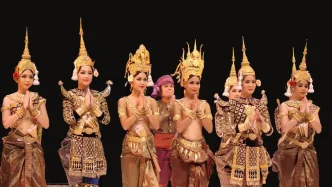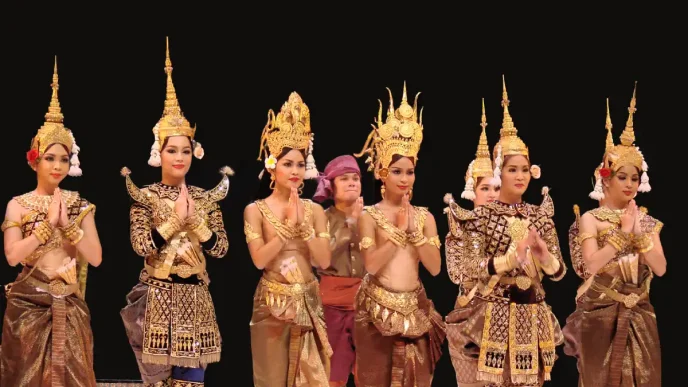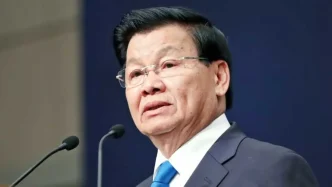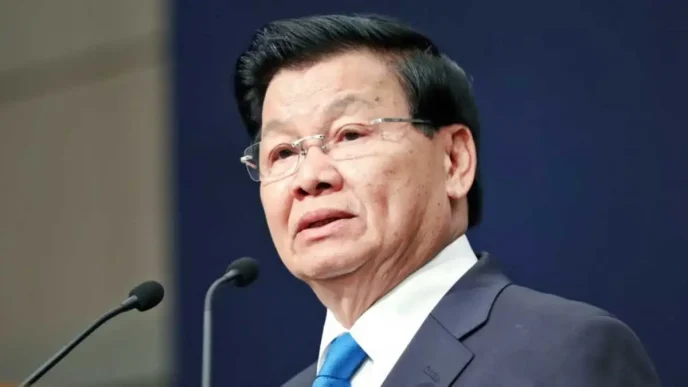In a surprising and refreshing trend, Vietnamese music is finding its way into foreign films, creating a unique cultural bridge for local audiences. From the gritty tones of Duy Manh’s “Kiep Do Den” in the mid-credit scene of Yadang: The Snitch to the emotional resonance of 14 CASPER and Bon Nghiêm’s “Bao Tien Mot Mo Binh Yen?” in Big Deal, these songs are not just background noise but integral elements that enhance storytelling and connect with viewers on a deeper level. This innovative approach, often spearheaded by Vietnamese distributors, is redefining how international cinema resonates with local sensibilities in Vietnam.
A Harmonious Blend of Sound and Story
At the heart of this trend is the deliberate selection of Vietnamese songs that align closely with a film’s narrative and emotional tone. Take the premiere of Big Deal (Vietnamese title: Muon Ruou Day Keo), where audiences were caught off guard by the inclusion of “Bao Tien Mot Mo Binh Yen?” during a pivotal scene. The song’s lyrics mirrored the protagonist’s struggles and emotional journey so seamlessly that many viewers found themselves singing along, amplifying the film’s impact. This wasn’t just a gimmick; it made the foreign film feel more relatable to Vietnamese audiences, especially in its dubbed version featuring local voice actors like Quoc Huy and Sy Toan.
Similarly, in Yadang: The Snitch (Vietnamese title: Yadang: Ba Mat Lat Keo), the song “Kiep Do Den” by Duy Manh plays during the mid-credit scene. Known for its associations with themes of the underworld and vengeance, the track reinforces the film’s central message about the futility of power struggles and betrayal. Its inclusion offers a fresh viewing experience, blending cultural familiarity with cinematic storytelling in a way that feels almost tailor-made for the scene.
Not a New Phenomenon, But a Growing Trend
This isn’t the first time Vietnamese music has crossed into international cinema. The Thai film 404 Run Run (Thai title: 404: Chay Ngay Di) incorporated “Xuan Thi” by Phan Manh Quynh, earning praise for how naturally the song fit into the storyline. Such integrations are often proposed by Vietnamese distributors, who work with original production companies to secure approval for these creative additions. The songs are chosen not just for popularity but for their ability to echo the film’s themes, ensuring a cohesive and resonant viewing experience.
What might seem like an unlikely pairing has proven to be a powerful tool. Vietnamese audiences have reacted strongly to these inclusions, with social media buzzing after premieres as viewers share their surprise and delight. This strategy has turned soundtracks into more than just an afterthought; they’ve become a cultural connector, making foreign films feel more like local stories.
A Creative Marketing Strategy
Recognizing the importance of film soundtracks, Vietnamese distributors have turned to this approach as a creative marketing tactic. By featuring local music, especially in dubbed versions, films can tap into the emotional and cultural pulse of their audience. This not only enhances the viewing experience but also serves as a promotional hook, drawing attention to releases in a crowded market. The success of these integrations suggests that this trend is likely to grow, with distributors and filmmakers exploring more ways to blend Vietnamese music into international cinema.
The impact is evident in the way these films spark online discussions and deepen audience engagement. For Vietnamese viewers, hearing familiar songs in unexpected contexts creates a sense of pride and connection, turning a night at the cinema into a shared cultural moment. It’s a small but significant step toward cultural representation on the global stage.
Looking Ahead
As Vietnamese music continues to find a place in foreign films, the question remains: how far can this trend go? Will it evolve into a broader movement of cultural exchange in cinema, or remain a niche marketing strategy? For now, audiences in Ho Chi Minh City and beyond are reveling in the unexpected harmony of local sounds and international stories, a fusion that speaks to the power of music as a universal language.
















